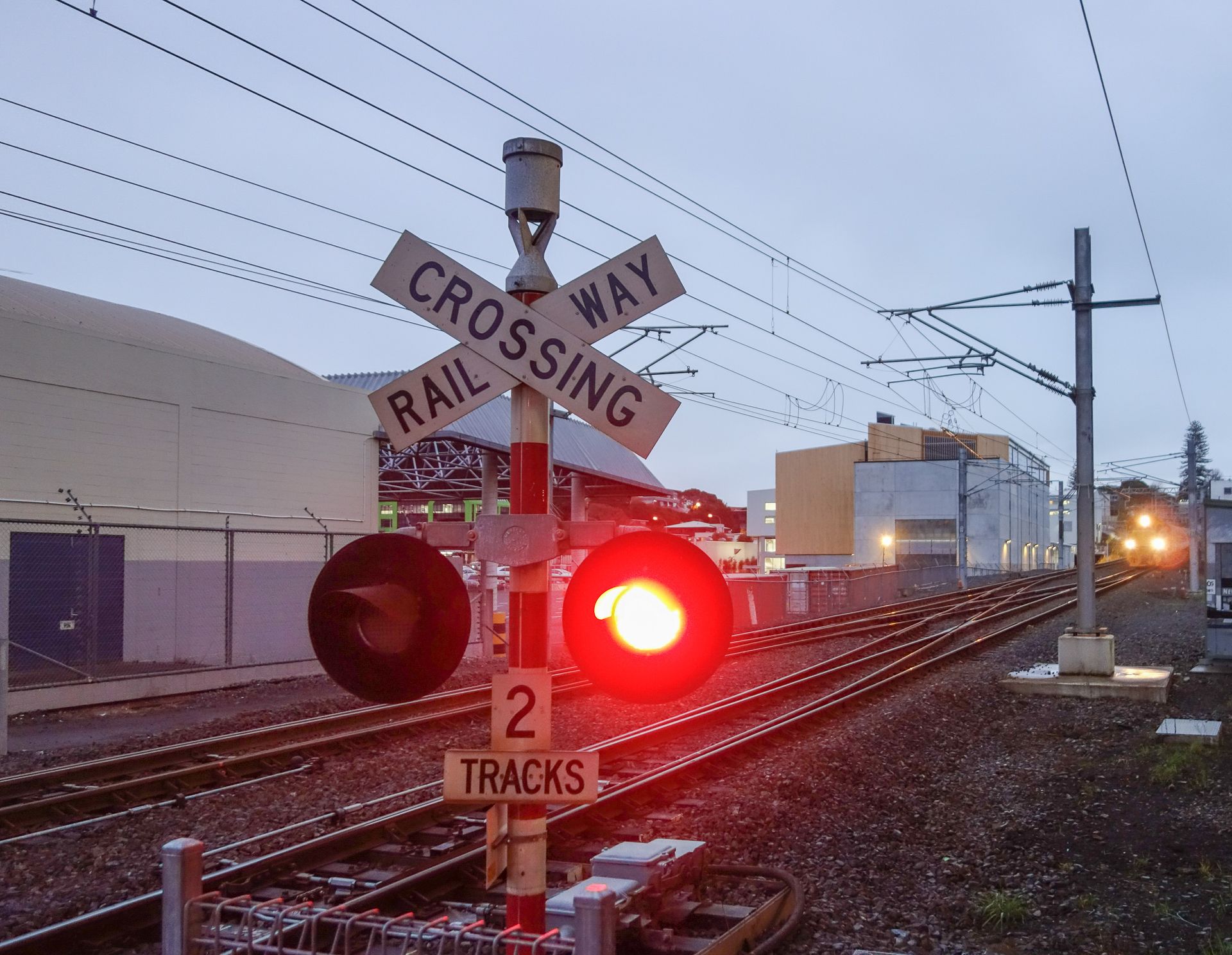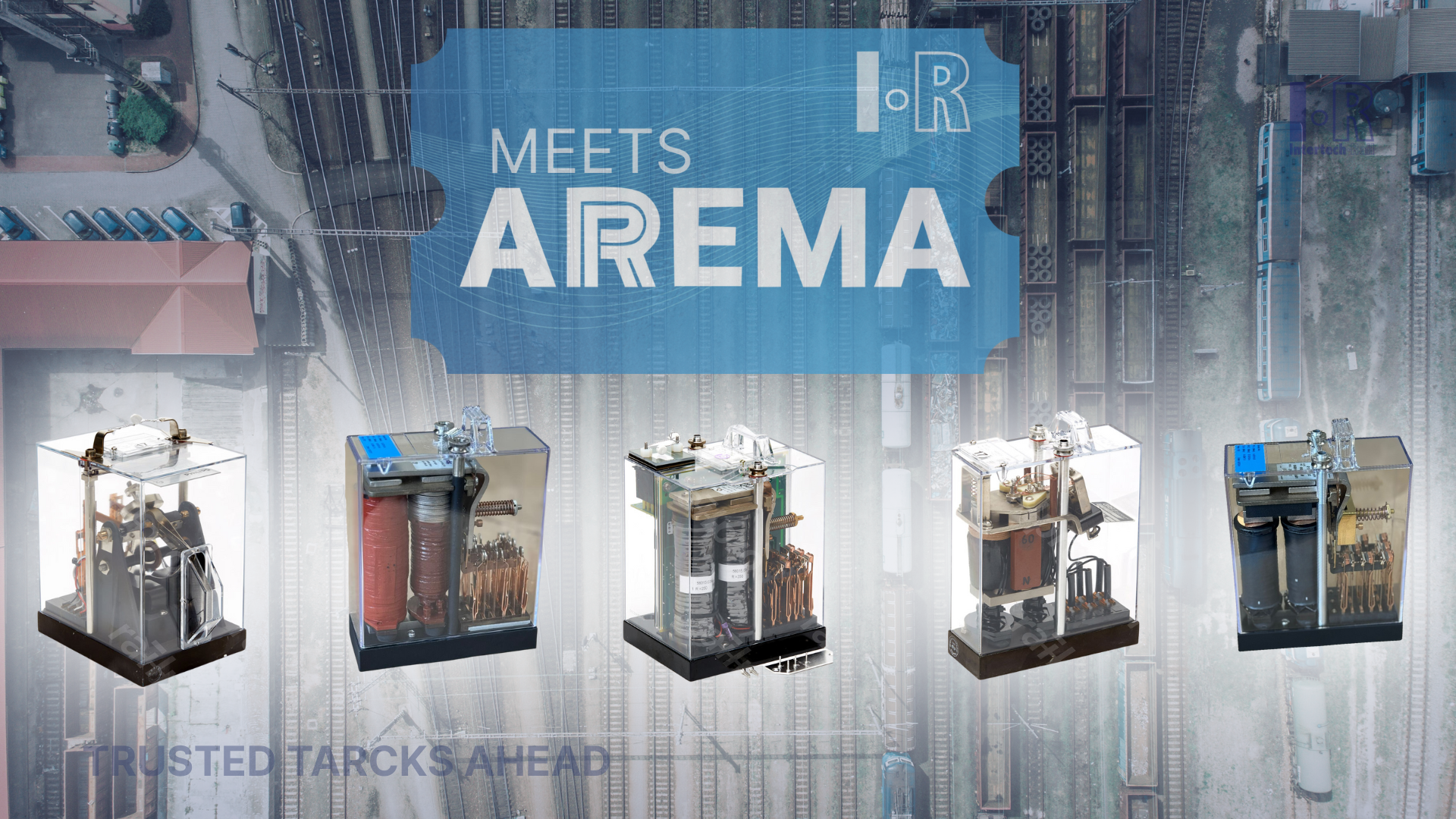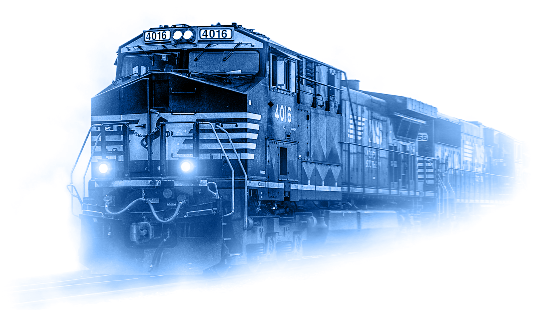Level Crossing Floors Decision - Rubber Plates X ASPHALT
Level crossings are an essential component of the railway infrastructure, serving as a connection between roads and railway tracks. The purpose of a level crossing is to allow road users to cross the tracks safely, with minimal disruption to the rail traffic. The choice of material used for a level crossing surface is crucial for ensuring the safety of road users and rail passengers. The two most used materials for level crossings are rubber plaques and asphalt.
Importance of Choosing the Right Material for Level Crossing Surfaces
Choosing the right material for level crossing surfaces is of utmost importance due to its significant impact on the safety of road users and rail passengers. The surface material plays a crucial role in providing traction and minimizing the risk of accidents. Additionally, it should withstand heavy loads and endure various weather conditions to ensure long-term durability. Environmental considerations also come into play, as the material should be sustainable and minimize negative impacts on the environment. Making a well-informed decision regarding the choice of material is essential to create level crossings that are safe, reliable, and environmentally conscious.
Rubber Plaques: Durability, Safety, and Environmental Benefits
Rubber plaques are made from recycled tires and are a popular choice for level crossings because of their durability and safety features. Rubber plaques provide a high level of traction for vehicles and pedestrians, reducing the risk of accidents. They are also less likely to crack or become damaged compared to asphalt, which can cause tripping hazards and damage to vehicles.
In addition to their safety benefits, rubber plaques are also more environmentally friendly than asphalt. They are made from recycled tires, which reduces the number of tires that would otherwise end up in landfills. Furthermore, they do not emit harmful chemicals or fumes, making them a safer option for the environment.

Asphalt: Cost-Effective,Tried and Tested
Asphalt, on the other hand, is a tried and tested material for level crossings. It is a cost-effective option that is easy to install and maintain. Asphalt can endure if vibration not too strong and can withstand heavy loads, making it suitable for use in areas with low weight trains or low traffic.
However, the main disadvantage of asphalt is that it can become slippery in wet conditions, which can increase the risk of accidents. It is also more susceptible to damage from extreme weather conditions, such as frost or heavy rain. In addition, asphalt is made from petroleum products, which are not as environmentally friendly as rubber plaques.
Making Informed Decisions for Level Crossing Surfaces
In the end both rubber plaques and asphalt have their advantages and disadvantages when it comes to level crossings. Rubber plaques provide a high level of safety and are more environmentally friendly but may be more expensive to install. Asphalt is cost-effective and durable in low vibration environment but may be slippery in wet conditions. Ultimately, the choice between the two will depend on a variety of factors, including budget, traffic volume, and environmental considerations




1501 Venera ave Suite 320A Coral Gables, FL 33146
+55 11 985974011 (Brazil)
+1 614 302 1900 (USA)
Intertech Rail 2024 - All Rights Reserved





